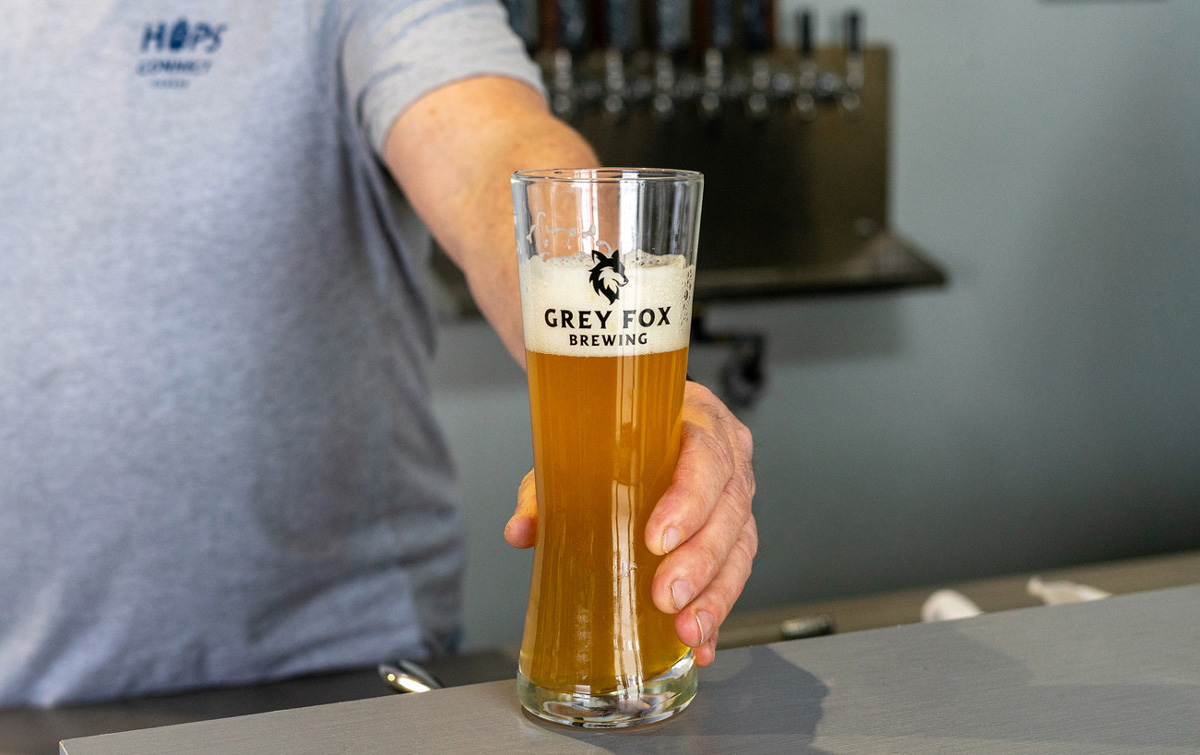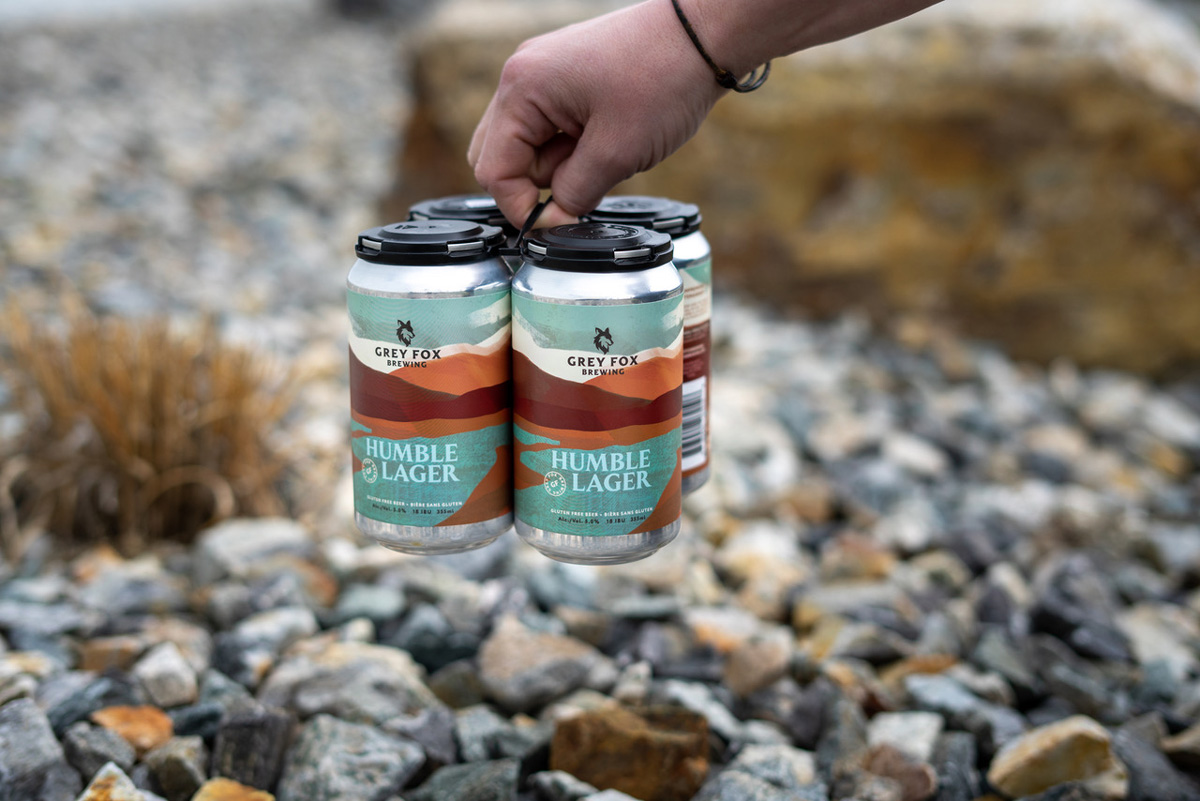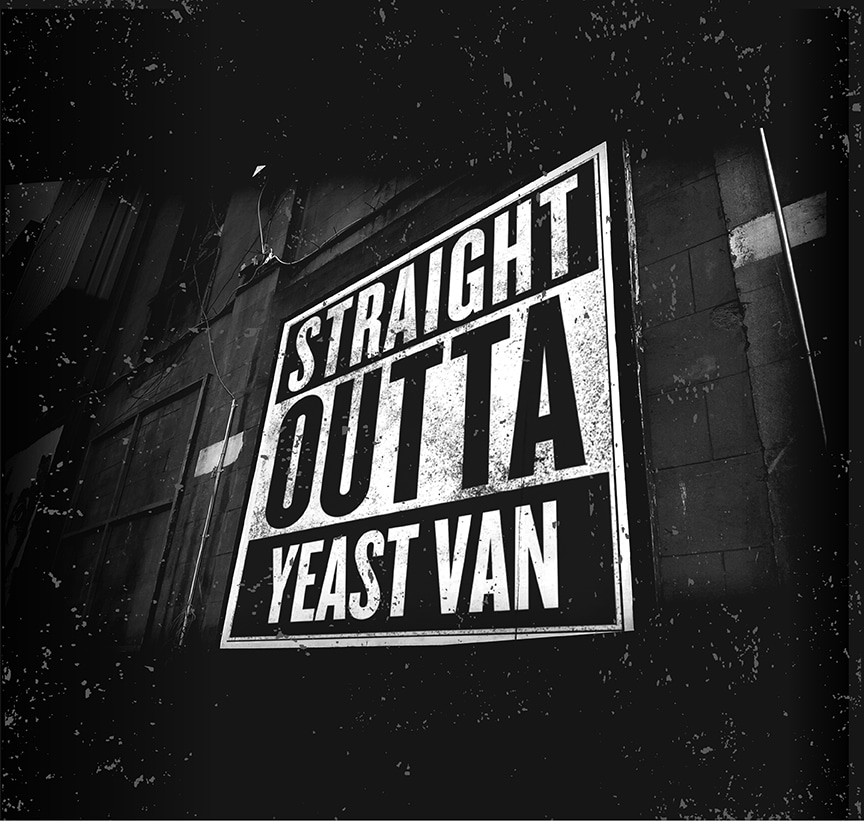All across the province, craft brewers are using new and creative techniques to offer gluten-free and gluten-reduced offerings.

Gluten-free and gluten-reduced beers have now arrived in B.C. in a substantial way. Previously the options for the gluten adverse were limited, specifically for locally-produced beer. But two new gluten-free breweries—Grey Fox in Kelowna and Naito Beer in Cranbrook—are now giving drinkers some more B.C.-based options. On the gluten-reduced front, Category 12 on Vancouver Island has launched a lineup of beers called Breakthru.
So, who would want a gluten-free beer, anyways? For starters, those suffering from celiac disease are in the most urgent need for a nice frothy craft-brewed beverage, sans gluten.
“It’s actually an autoimmune disease,” explains Chris Neufeld, owner and brewer of Grey Fox, who was diagnosed with celiac disease in 2003. “The disease is triggered by the gluten protein, so even traces of gluten could cause a celiac to be ill for days or weeks.”

This severity of the reaction is the reason both Grey Fox and Naito have committed to guaranteed 100% gluten-free beer.
Other drinkers of gluten-free beer include those who are gluten-intolerant or cannot properly digest gluten, which is different from celiac disease. Another audience would be those people who choose to try to reduce or eliminate gluten intake for dietary reasons. Ray Naito, owner and brewer of Naito Brewing, believes that gluten-free beer can be tasty and “be good for a healthier life.”
Brewing 100% gluten-free beer in a completely gluten-free production facility has significant challenges compared to traditional brewing. Neufeld went into detail regarding sourcing ingredients and subsequent issues. “Obtaining the malt is a problem because it has to be a dedicated gluten-free malthouse. The only place to get it in the whole world is in Colorado.” So already expensive grain has to be imported which “involves food import licences and all kinds of complicated things.”
Due to the many hassles, Grey Fox orders in large quantities which then becomes a shelf-life issue. Neufeld solved this by not having the malt milled at the source thus extending the malt’s shelf life. However, on trying to mill millet, he found that it was so fine-grained that, “it just slid right through the mill.” Fortunately, Apollo Mills based in Saskatoon worked closely with him to come up with a modified mill design that’s precise enough for the job.
Consumer education is an uphill battle for many gluten-free brewers. Naito noted that because his beer is made with rice, many assume his beer must taste like a Sapporo or other rice lagers, despite it being on the hoppy side. Alternatively, some celiac sufferers might not know anything about modern craft beer, having little to no personal experience with it. For this reason, Neufeld tries to make his beer as approachable as he can. You don’t need to do something crazy or push the envelope when you are already doing that by brewing gluten-free, he contends. When I asked about beer nerd expectations, Chris noted that when beer lovers try his beer the response is often, “you know, I’ll order another one.”
Further validation came when Grey Fox won a gold medal in the gluten-free category at the Canadian Beer Awards with Quick Witted, a Belgian style wit beer. “I never dreamed in a million years to win an award being this new guy to the industry.”

Michael Kuzyk of Category 12 Brewing has taken a different approach to troublesome gluten. After a good friend was diagnosed with celiac disease and then returned from Europe raving about all the gluten-free options, Kuzyk began researching and quickly realised he had no interest in brewing with alternative grains (such a sorghum or buckwheat), nor did he see a business case. Instead, he decided to use an enzyme called protease to “chop up” the gluten from a traditionally brewed beer. This means that the flavour profile is exactly like Category 12’s other IPAs, pale ales, and pilsners.
“In a blind taste test, you would be unable to statistically pick these out,” Kuzyk says.
In order to ensure safety, Category 12 does rigorous quality assurance testing using the latest technology and processes. Kuzyk points out that in Europe he would be able to call his Breakthru beers “gluten-free,” but Canadian law requires they be called “gluten-reduced.”
“We don’t release them to packaging until they’re less than 10 parts per million,” says Kuzyk.
Despite the differences in approach, all three breweries are trying to get beer into the hands of a population who previously couldn’t enjoy craft beer. Don’t gluten-free drinkers deserve to have well-crafted beer choices just like you or me? j




